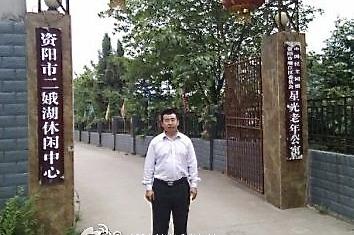How China’s ‘Fifty-Cent Army’ Manipulates Online Opinion
Chinese authorities use paid bloggers to manipulate public opinion through Internet forums.

It is not clear how many Internet bloggers the Chinese regime has hired, though some estimates run into the hundreds of thousands. Screenshot from Weibo.com
|Updated:





